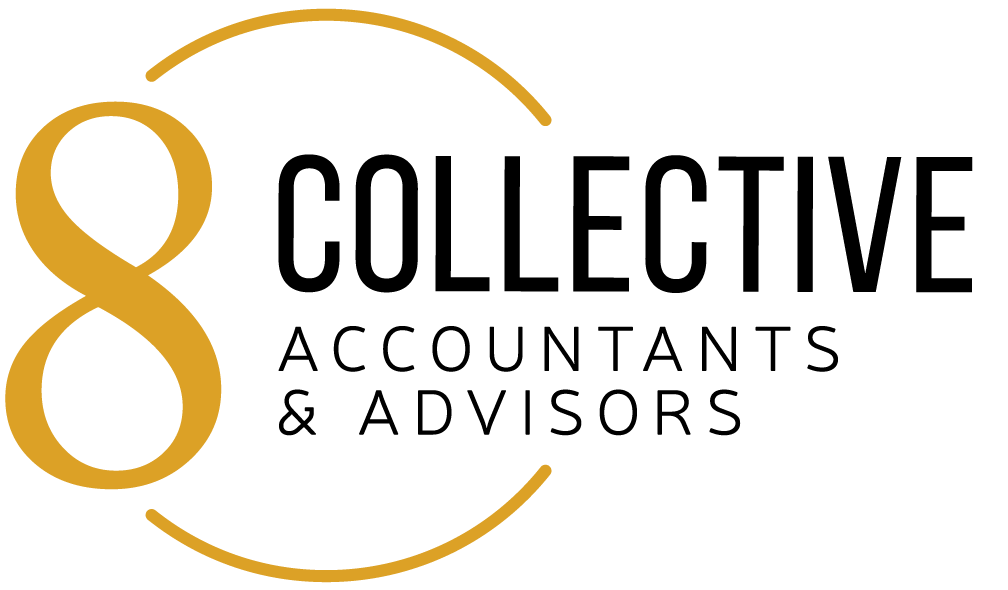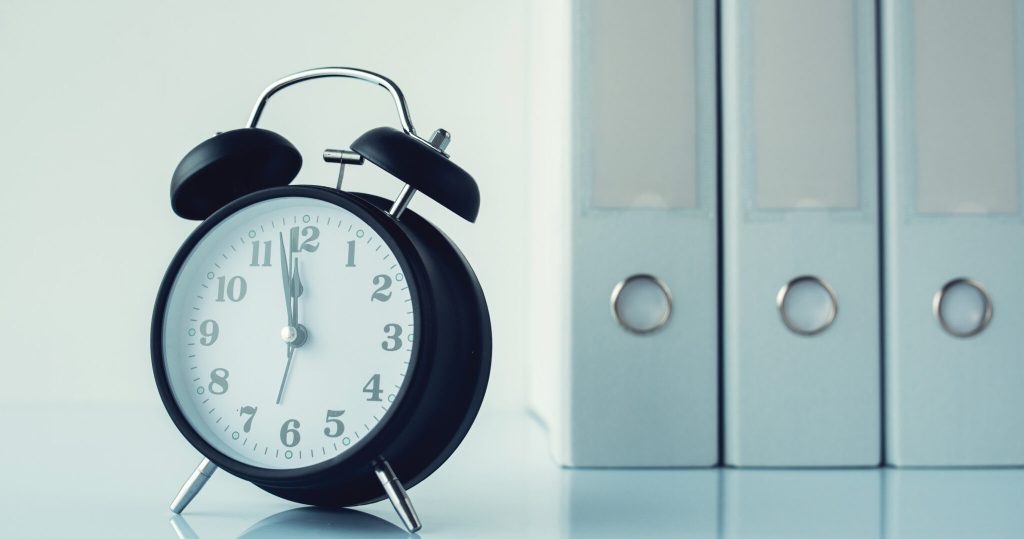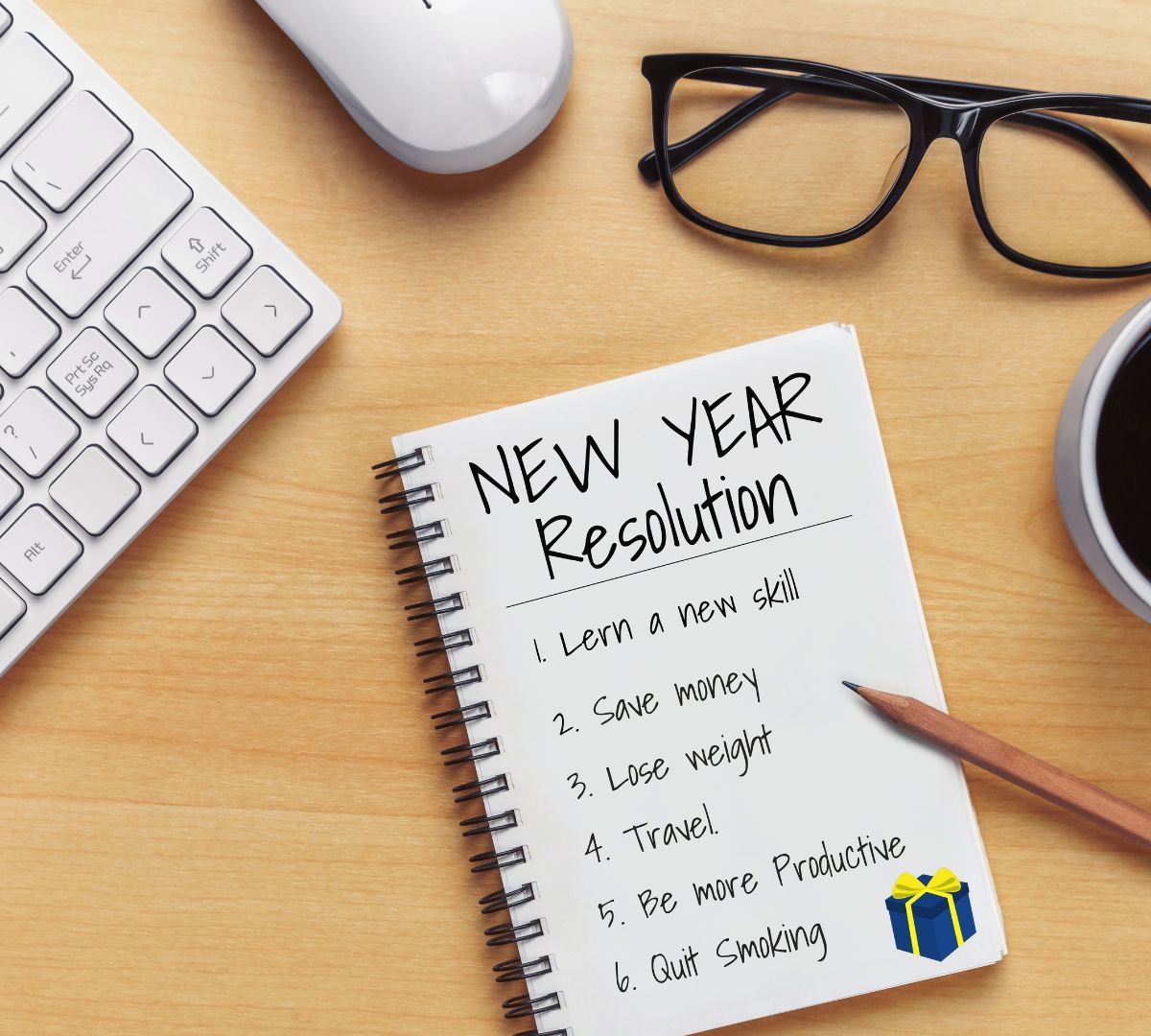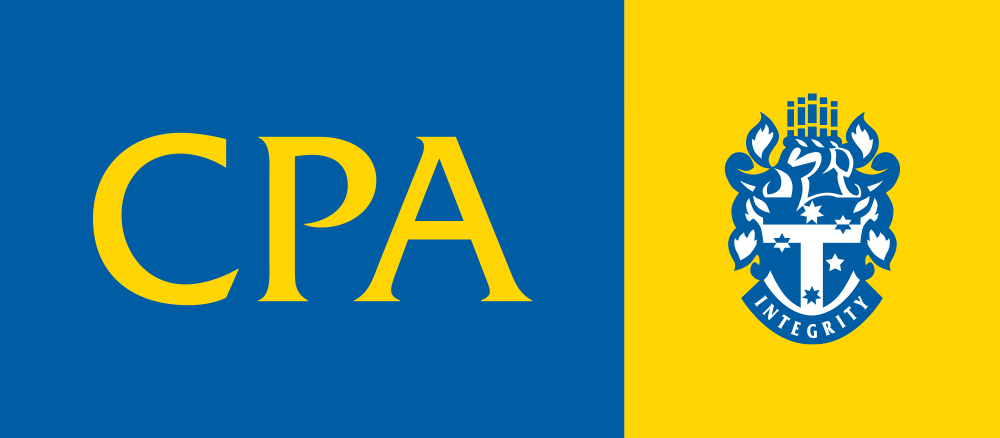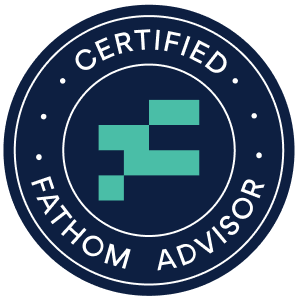For many, submitting this year’s tax return won’t be as simple as previous years given the pandemic and the affect its had on individuals and businesses alike.
- Government subsidies
- Multiple job changes
- JobKeeper
- JobSeeker
- Home offices becoming the new norm
- Superannuation withdrawals
And the list goes on. To help you navigate Tax Time, here are our top last minute tips:
Ensure You Declare All of Your Income for the Year
Be sure to include sources of income from all work you’ve done throughout the year, any investments (shares, managed funds, income from your rental property) and government assistance like JobSeeker. Failing to include all of your income may result in having to go back and amend your claim.
Get Your Work Related Expenses Right
According to the ATO, Australians making large purchases at the end of the financial year sales expecting to claim the full amount have been flagged as big mistake-makers.
"Deductions for items purchased for work should be apportioned for days held in that financial year"
A work-related expense will only be deductible if you weren’t reimbursed by your employer, it directly relates to you earning an income, and you have a record, such as a receipt (unless the amount you’re claiming is $300 or less, in some instances).
Aside from the usual work-related tax deductions (i.e. vehicle, travel, uniforms), you may be able to claim:
- Certain personal super contributions if you’ve made any
- Interest, dividend and other investment-related expenses
- Gifts and donations to deductible gift recipients, such as charities
- Last year’s tax return fee, if you engaged a tax agent
Be Clear on Your Work From Home Outlays
If you worked from home during lockdown and spent money on work related items that were not reimbursed by your business, you might be able to claim some of these expenses as a deduction – but not everything you purchase can be claimed. The ATO has stated that it is looking very closely at work related deductions that are being claimed. If you are claiming your expenses, there are three methods you can use:
- An 80 cents per hour short cut method (you will need to have evidence of hours worked like a timesheet or diary)
- The 52 cents per hour method (which excludes phone, internet, or the decline in value of equipment which are all claimed separately), or
- The actual expenses method
The ATO is particularly interested in those using the ‘actual expenses’ method. To be able to claim a work related expense, it needs to be directly related to the work you do and how you earn your income. The ATO has highlighted four ineligible expenses that are being claimed:
- Personal expenses such as coffee, tea and toilet paper
- Expenses related to a child’s education, such as online learning courses or laptops
- Claiming large expenses up-front (instead of claiming depreciation for assets), and
- Occupancy expenses such as rent, mortgage interest, property insurance, and land taxes and rates, that cannot generally be claimed by employees working from home
The key here is the importance of effective record keeping and ensuring you have the records to prove your claim.
Check Concessions Available
Are there any concessions you can access before 30 June? For example you may be eligible for the small business restructure rollover concession and save on capital gains tax.
You can also find out more about the latest changes to concessions, such as different tax depreciation incentives (temporary full expensing, instant asset write-off, backing business investment and general depreciation rules), loss carry back and lower company tax rate changes.
If you have any questions or want to save time and minimise the hassle of lodging your tax return yourself, speak to us today.
Useful Links
Source: ato.gov.au, knowledgeshop.com.au
